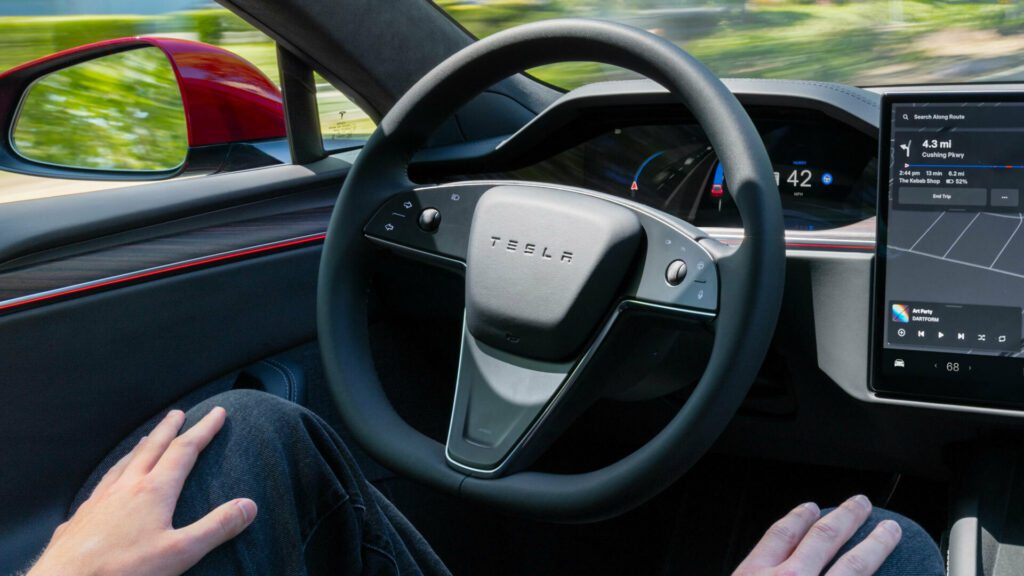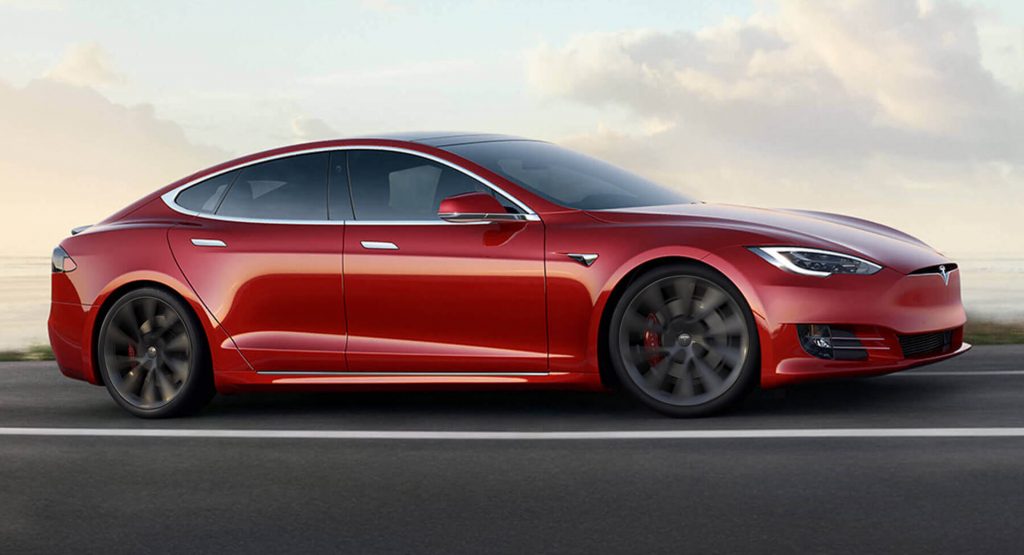A jury found Tesla partially at fault, but the automaker plans to appeal

- Tesla could owe $242.5 million after a fatal crash allegedly involving Autopilot features.
- The accident occurred in 2019, killing a woman and seriously injuring her boyfriend.
- Company plans to appeal and claims the driver was accelerating, overriding Autopilot systems.
Tesla finally launched their robotaxi service, but they’ve suffered a major blow as a jury found them partially responsible for a fatal crash involving Autopilot. The case has been winding through the judicial system for years, but it has now resulted in $329 million in damages.
According to the lawsuit in the Southern District of Florida, George McGee was driving a 2019 Tesla Model S equipped with Autopilot. CNBC says McGee dropped his phone and went to retrieve it, believing the car would brake if it encountered an obstacle.
More: A Jury Will Decide If A Car’s Tech Helped Kill Or Just Failed To Save A Life
Instead, the vehicle reportedly accelerated to speeds in excess of 60 mph (97 km/h) and struck a parked Chevrolet Tahoe. The SUV then hit and killed Benavides Leon, while also seriously injuring Dillon Angulo. The latter is said to have suffered multiple broken bones as well as a traumatic brain injury.
While the crash was undoubtedly horrific, the big question was who was at fault. In the end, a jury felt Tesla was 33% responsible and this means the automaker is reportedly on the hook for $42.5 million in compensatory damages as well as another $200 million in punitive damages. This appears to suggest the jury was swayed by claims that Tesla overstated the capabilities of Autopilot.

Tesla plans to appeal and the automaker released a lengthy statement saying, “Today’s verdict is wrong and only works to set back automotive safety.” The company went on to claim there were “substantial errors of law and irregularities at [the] trial.”
More interestingly, Tesla said “evidence has always shown that this driver was solely at fault because he was speeding, with his foot on the accelerator – which overrode Autopilot – as he rummaged for his dropped phone without his eyes on the road. To be clear, no car in 2019, and none today, would have prevented this crash.” The automaker went on to claim the case was “never about Autopilot” and was instead “a fiction concocted by plaintiffs’ lawyers blaming the car when the driver – from day one – admitted and accepted responsibility.”
It remains unclear how everything will shake out, but it could prove disastrous for Tesla if the appeals process doesn’t go their way.


